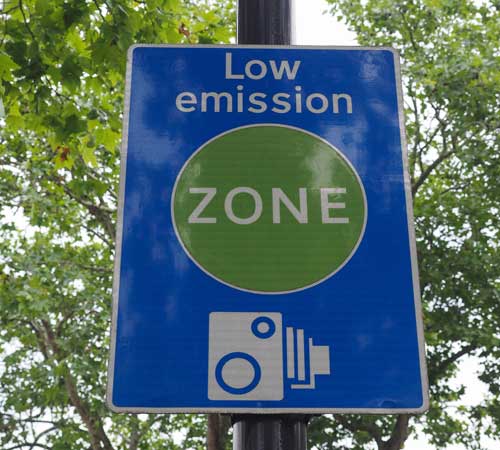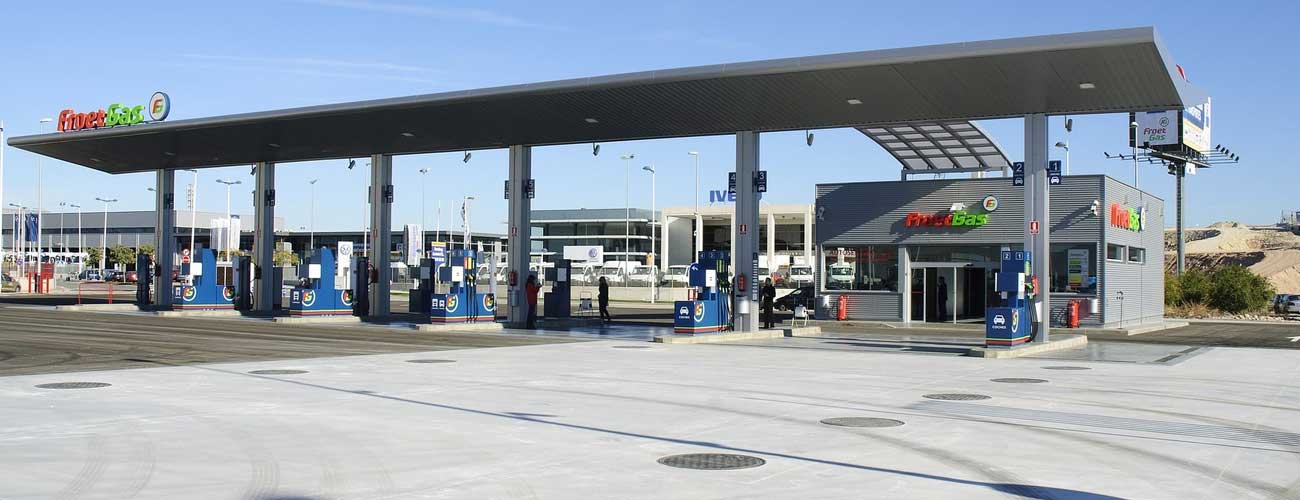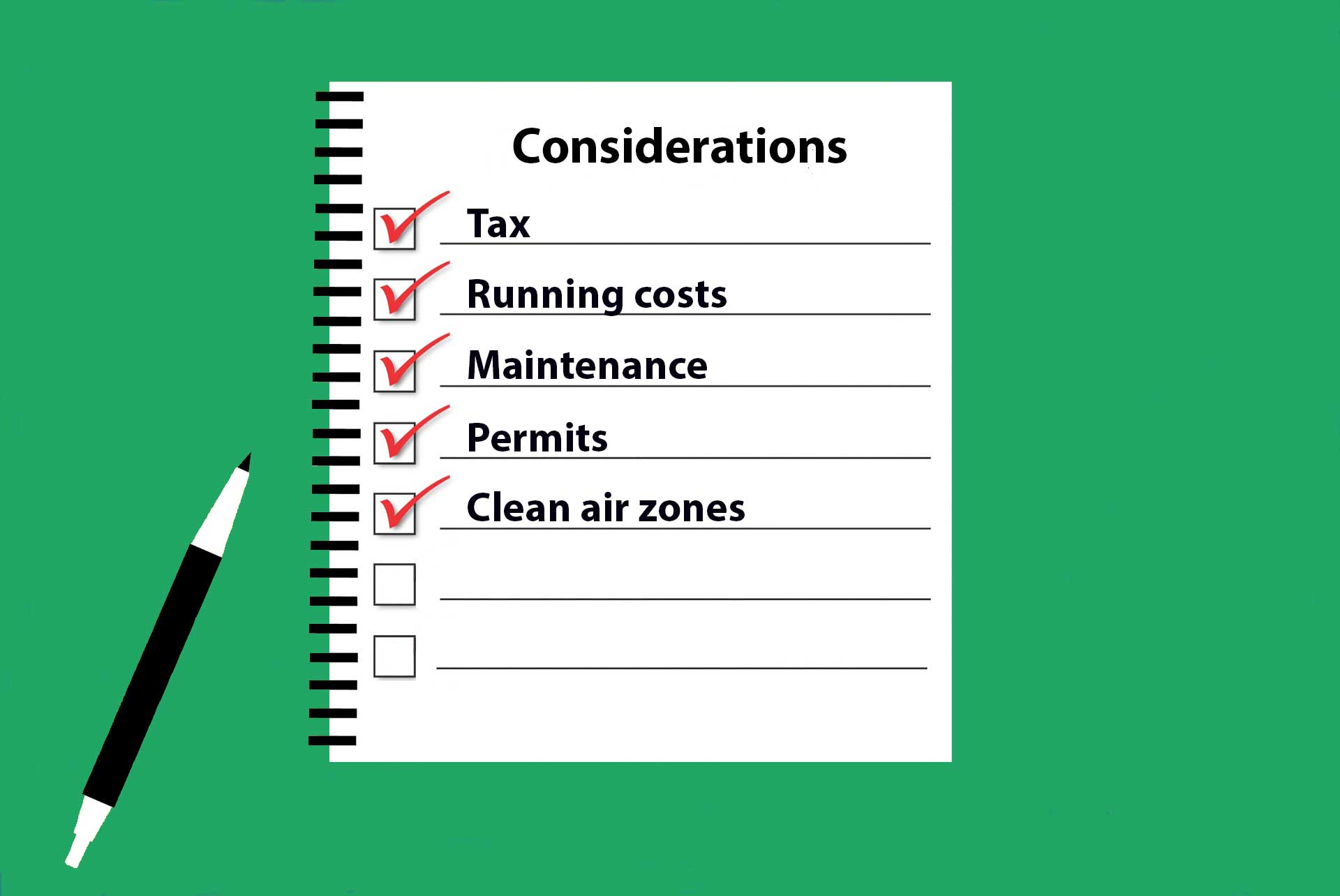We have put together a range of guides to help you consider the different fuel types available for you to make an informed decision on your next car choice. This one will focus on petrol.
What is Petrol?
Petrol is the oldest fuel type for combustion engines on the roads, and it remains the most popular option for drivers in the UK.
With the government looking to make the UK carbon neutral by 2050 and so banning the sale of all new petrol, diesel and hybrid vehicles from 2030 there has been a big push towards getting drivers into electric vehicles (EVs).
At Wessex Fleet though, we know that an EV is not always the right choice for your next car which is why we’ve put together this guide as well as ones on diesel, and hybrids as well as a comparison between the four main fuel types.
Benefits of Petrol Fuel
There are a number of benefits that driving a petrol vehicle can bring you.
Firstly, because it is the oldest and remains, for now, the most common fuel type there is a wide range of models for you to choose from, from superminis and coupes to seven-seat SUVs. Though we expect the wide variety to reduce as the market moves towards electric.
If you are funding the vehicle yourself then petrol vehicles typically have a cheaper purchase price than a similar model with a different fuel source. This often means that if you are looking at a contract purchase or lease agreement the monthly payments will also be lower.
Petrol vehicles also tend to be cheaper in terms of running and maintenance costs. They don’t have the more complex electrical components that hybrids and EVs do which need specialists and more expensive components.
Of the two traditional fuel types, petrol is also the cheapest at the pump so the cost of filling up will be less for you. If you have a fuel card then this will still be beneficial for you as the amount of company fuel tax you pay will be lower.
As petrol has lower overall emissions compared to diesel as well it will not have as high emission based taxes, such as road tax. If you own the vehicle then this will be your responsibility to pay but if you are driving a company car or leasing then it will not be as big of a concern for you.
Considerations with Petrol Vehicles
New petrol vehicles are being removed from the UK market for a reason, they are harmful to the environment due to the fact they use fossil fuel. CO2 and the other emissions they emit are damaging to the environment in a number of ways, and although petrol has lower emissions overall the CO2 it emits is higher than the same model with a diesel engine.
If you are driving a company car then you should consider the CO2 for financial reasons as well, because the company car tax you pay will is based in part on the CO2 emission levels.
Though fuel at the pump is cheaper, petrol vehicles tend to be less economical on their fuel use than diesel and so you might find yourself filling up more frequently. Your driving style will of course have an impact on this, so if you want some tips on getting the most from your fuel take a look at this article.
You should also consider that more and more cities are looking to introduce clean air or low emission zones which penalise petrol and diesel engines more heavily due to their higher emission levels.

E5 VS E10
You might have spotted a change at the pumps in the last couple of weeks. The standard fuel type has switched from E5 to E10.
This change was to increase the content of renewable ethanol in the fuel from up to five per cent to up to 10 per cent, as a way to reduce the impact of petrol on the environment.
Not all cars are compatible with E10 fuel and you can check whether your model is here. Most modern cars are compatible but if you are at all concerned then you can check on the link provided or by speaking to a local garage.
For more information on E10 check out this article.

Is Petrol the Right Choice for You?
When considering the right fuel type for you it’s important that you take into account financial, environmental, and personal preference factors.
The points we advise you consider are:
- Who is funding the vehicle, and any implications of this e.g. BIK rates for a company car or road tax for one you own
- Running costs, including fuel, insurance, tax (if you are responsible for this), parking permits
- Maintenance and how this will be funded, whether you will opt for a maintenance package
- Whether there are any clean air or low emission zones being introduced in your area

Your Petrol FAQs Answered:
What are the Differences Between Diesel and Petrol?
There are a number of differences between diesel and petrol but the main ones you should be aware of are:
- Petrol emits less emissions overall but in a like for like model diesel cars emit less CO2
- Diesel is a more expensive fuel but you'll find you generally get better fuel economy from a diesel engine
- Diesel vehicles require regular running at higher speeds in order to prevent the diesel particulate filter becoming blocked but petrol do not require anything similar to this
What Happens if You Put Diesel in a Petrol Car?
Petrol and diesel act differently in the combustion process and so the engines that use them are designed slightly differently so if you put diesel in your petrol car it will damage the engine.
You should not use the car when you realise you have added the wrong fuel as this will cause further damage which means more expensive repair work for you.
What Does the 2030 Ban Mean for Petrol Cars?
In 2030 the government's ban on the sale of new petrol, diesel and hybrid cars comes into place. This means that no new models will be sold from then and because of this we are likely to see the number of available petrol vehicles decline as we get closer to the deadline.
So far there are no plans to restrict the sale of used petrol models so you will still be able to purchase a used petrol vehicle if you want a different car after this date.
For more useful guides, including how to make the most of your fuel, head back to our driver guides homepage or to the fuel section to find out more information about other fuel types available.
